Introduction
Stock exchanges play a crucial role in the global economy by providing a platform for buying and selling financial securities. They work with capital streams, encourage business development, and guarantee market liquidity. The accompanying article dives into the best 10 stock exchanges in the world, highlighting their history, trading volume, and the role they play in the international financial landscape.
1. New York Stock Exchange (NYSE) – USA
History: The NYSE was established in 1792, making it one of the most established and most lofty stock exchanges in the world. It was laid out when 24 stockbrokers consented to the Buttonwood Arrangement in New York City, denoting the start of formalized stock trading.
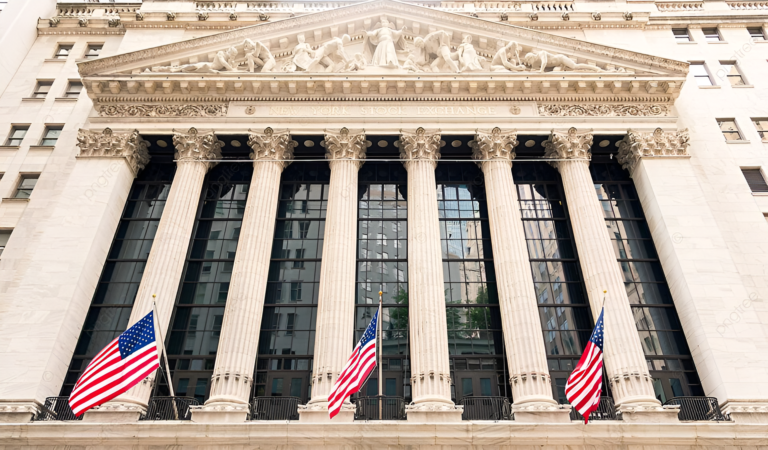
Significance: The NYSE is home to an impressive parcel of the world’s greatest and most influential companies, recalling key parts for regions like technology, finance, and consumer goods. Its well-known trading floor and its electronic structures get custom together with current development.
2. NASDAQ Stock Market – USA
History: NASDAQ, established in 1971, revolutionized the stock market by being the main, completely electronic trade. It was made to give a stage to over-the-counter (OTC) securities and has since turned into a main trade for innovation and development-driven organizations.
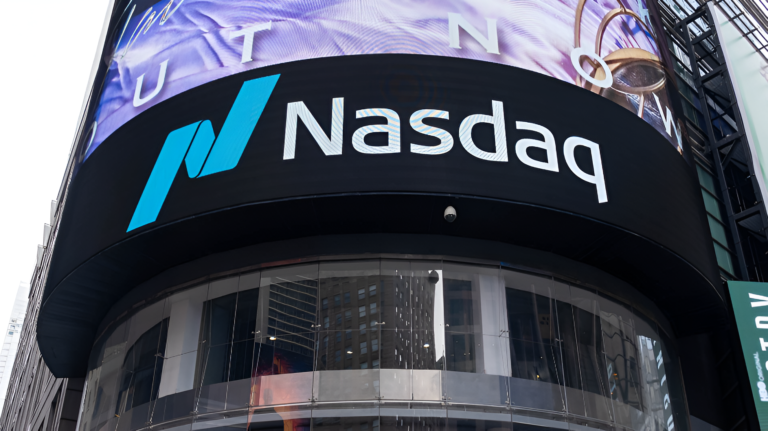
3. Tokyo Stock Exchange (TSE) – Japan
History: Established in 1878, the Tokyo Stock Exchange is Japan’s largest and one of Asia’s oldest exchanges. It fills in as the critical commercial center for Japanese values, assuming an imperative part in the nation’s economy.
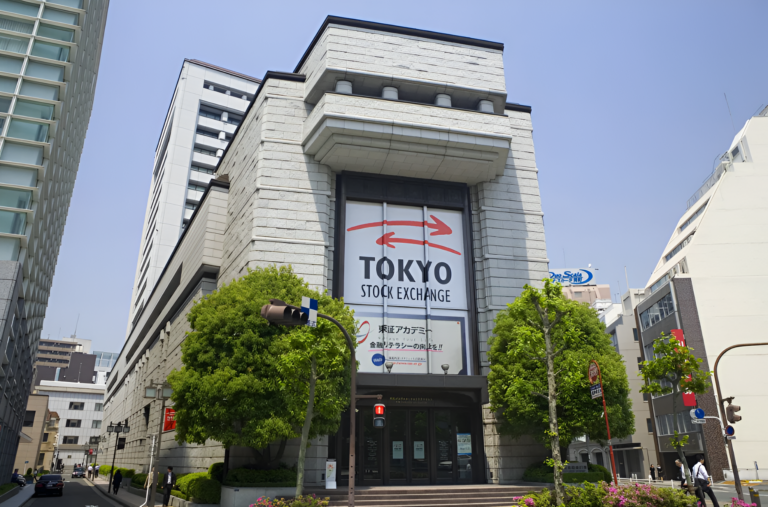
Significance: The TSE records a portion of Japan’s most compelling organizations, including Toyota, Sony, and Mitsubishi. It is a vital participant in the Asian monetary business sectors and a basic door for international investors hoping to get to Japanese organizations.
4. Euronext – Europe
History: Euronext was formed in 2000 by the consolidation of stock trades in Amsterdam, Brussels, and Paris. It has since developed through acquisitions and presently works in numerous business sectors across Europe.
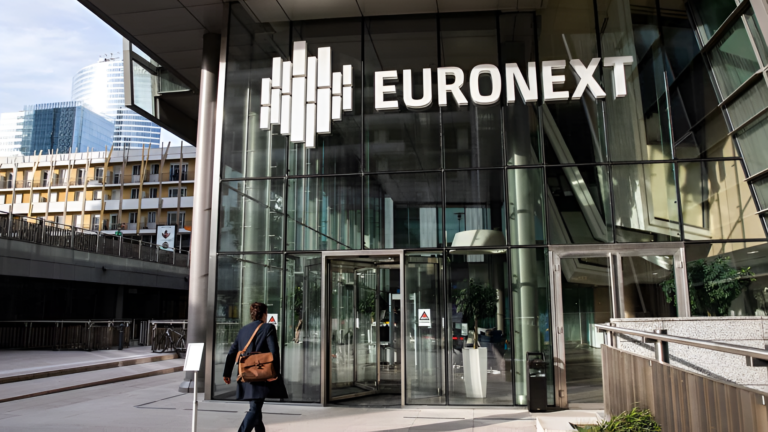
Significance: Euronext fills in as the primary exchange for the vast majority of significant European organizations, like L’Oréal, Airbus, and Unilever. It assumes an urgent part in the combination of European monetary business sectors and goes about as a stage for global organizations.
5. Shenzhen Stock Exchange (SZSE) – China
History: Established in 1990, the Shenzhen Stock Trade is one of the two significant stock exchanges in China. It was intended to help the quick development of China’s economy and is viewed as a huge driver of the country’s monetary market.
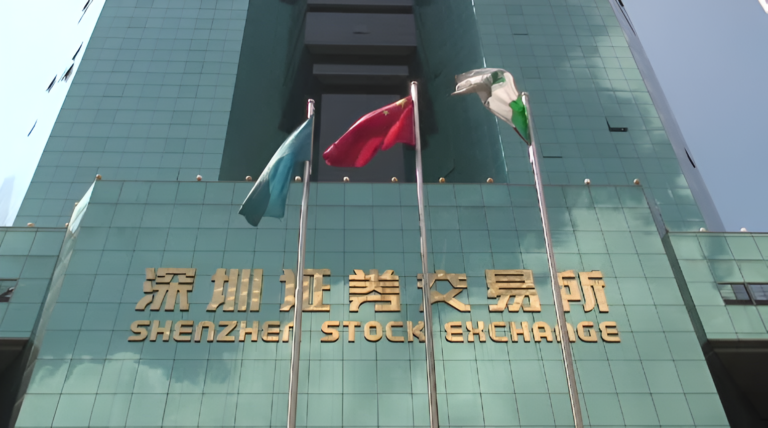
Significance: The trade is home to some high-development organizations, particularly in the innovation and advancement areas. It likewise incorporates countless little and medium-sized ventures, making it an indispensable piece of China’s economic landscape.
6. Shanghai Stock Exchange (SSE) – China
History: The Shanghai Stock Trade was established in 1990 and immediately became one of the main stock exchanges in China, close by the Shenzhen trade. It is firmly managed by the Chinese government.
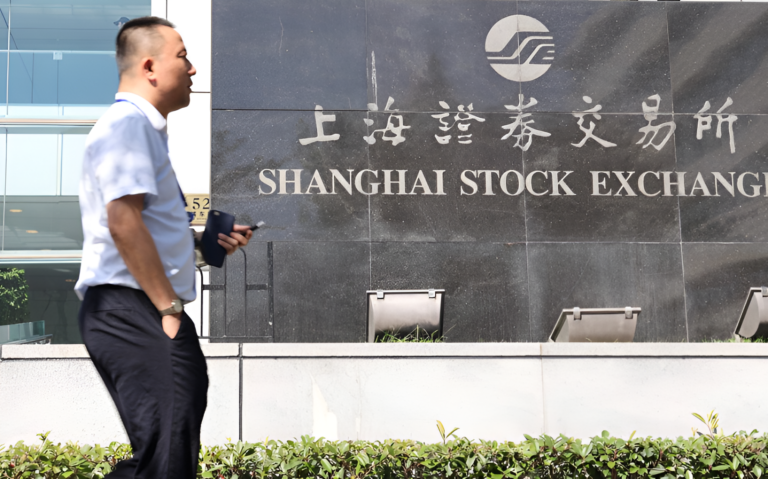
Significance: The SSE is home to a portion of China’s biggest state-possessed ventures (SOEs) and key financial institutions, like ICBC and PetroChina. It assumes an essential part in China’s capital business sectors, especially for international investors trying to get to Chinese stocks.
7. Hong Kong Stock Exchange (HKEX) – Hong Kong
History: The Hong Kong Stock Exchange traces its foundations to the 19th century, founded in 1891. Over the long run, it has developed into one of Asia’s major monetary focuses and a worldwide player in stock exchanging.
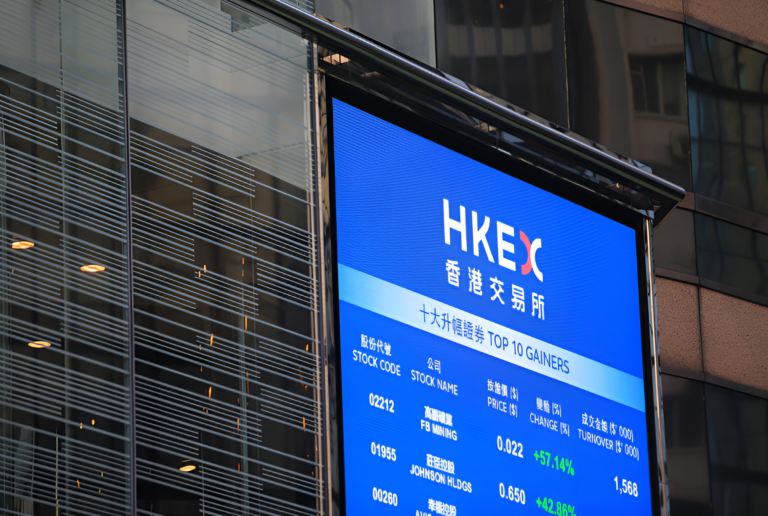
Significance: The exchange is known for being a basic connection among China and worldwide business sectors. It records Chinese organizations looking for worldwide capital and unfamiliar organizations wishing to take advantage of the developing Chinese market. Hong Kong remains one of the most dynamic and strategic financial hubs in the world.
8. London Stock Exchange (LSE) – United Kingdom
History: Established in 1801, the London Stock Exchange is one of the oldest in the world and has for some time been a foundation of worldwide money. It stays a central part of European and worldwide business sectors.
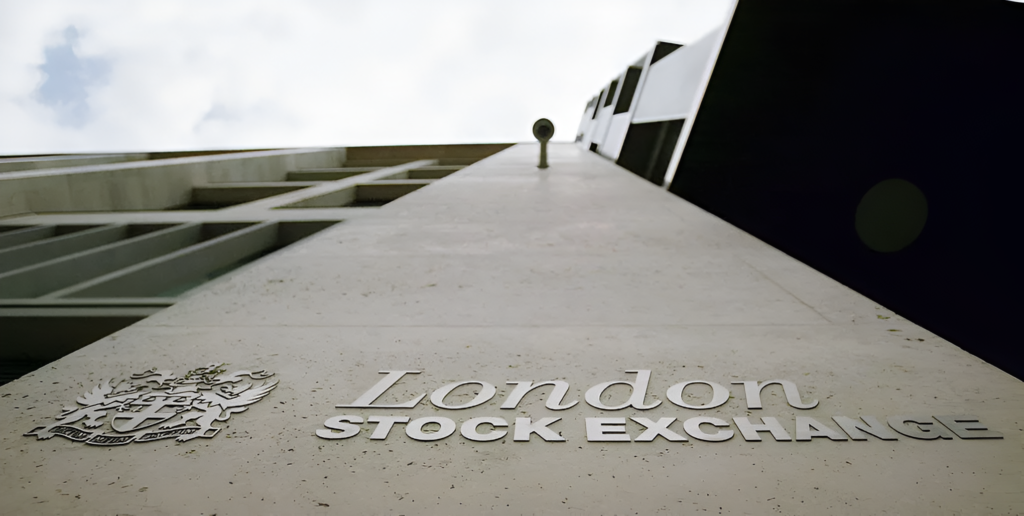
Significance: The LSE records great many organizations, including probably the biggest global firms like BP and HSBC. It is a fundamental center point for worldwide money and one of the main trades for organizations trying to internationally raise capital.
9. Swiss Exchange (SIX Swiss Exchange) – Switzerland
History: Established in 1850, the Swiss Trade, presently known as SIX Swiss Exchange, has for quite some time been a main trade in Europe, particularly eminent for its strength and proficiency.

Significance: The trade is vital to the Swiss economy, facilitating key organizations like Nestlé, Novartis, and UBS. Its market is known for its strong regulatory framework and high liquidity, attracting global investors.
10. Toronto Stock Exchange (TSX) – Canada
History: Founded in 1852, the Toronto Stock Exchange is Canada’s most prominent stock trade and one of the top exchanges globally. It anticipates a fundamental part in Canada’s economy and in the mining, energy, and financial sectors.
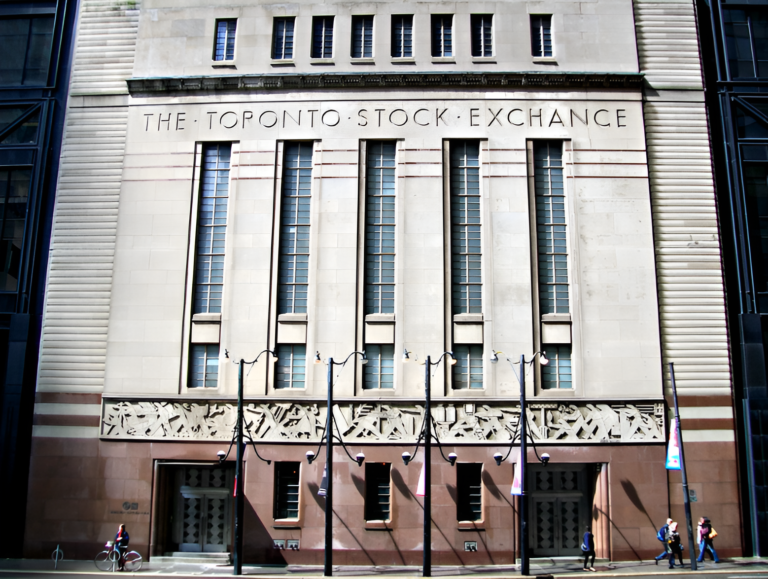
Significance: The TSX is known for its asset-significant postings, with enormous firms in the oil, gas, and mining associations. It correspondingly fills in as a central part in North American monetary business regions and a major wellspring of capital for Canadian companies.
Conclusion
These 10 stock exchanges address the pounding heart of the overall financial system. Each exchange has its own original history, market development, and specializations, yet all expect a principal part in fostering global economic growth. From the noteworthy NYSE to the rapidly growing Chinese exchanges, these stages continue to drive trade and adventure all over the planet. As globalization and mechanical headway progress, these exchanges will, in fact, continue to grow, further trim the possible destiny of money-related business areas.
FAQs
How does Euronext differ from other exchanges?
- Euronext is a pan-European exchange that operates markets in multiple countries, including France, Belgium, the Netherlands, Portugal, and Ireland. It stands out by providing access to diverse European companies, including major multinationals like L’Oréal and Airbus, fostering economic integration across the European Union.
Can investors trade stocks on multiple exchanges simultaneously?
- Yes, investors can trade stocks across multiple exchanges, depending on the availability of the stock on those exchanges. Global investors often use brokers or trading platforms that provide access to various international stock exchanges. For example, a company might be listed on both the New York Stock Exchange (NYSE) and the London Stock Exchange (LSE), and investors can choose where to trade based on market conditions and time zone preferences.
What is the role of the London Stock Exchange in global finance?
- The London Stock Exchange (LSE) is one of the oldest and most prestigious exchanges. It plays a critical role in global finance by providing a venue for companies from around the world, especially in Europe, to raise capital. The LSE is also known for listing major multinational firms such as HSBC and BP, and it remains a key hub for international investors.

Owner of Paisewaise
I’m a friendly finance expert who helps people manage money wisely. I explain budgeting, earning, and investing in a clear, easy-to-understand way.


Pingback: 10 Ways to Buy and Sell Stocks on the Stock Exchange - Paisewaise
Pingback: 10 Ways to Trade Stocks on the Stock Exchange - Paisewaise
Pingback: 10 Ways to Invest in the U.S. Market - Paisewaise
Pingback: 10 Ways to Invest in the US Market - Paisewaise
I appreciate your talent to turn ordinary topics into intriguing content. Great job!
I enjoy how your writing authentically reflects your individual character. It makes me feel connected to you.